Ali Boyle (Cambridge): “Don’t Ask: Classification in Comparative Cognitive Science”
Many projects in comparative cognitive science (which I mean to include research in both comparative psychology and artificial intelligence) are structured around what I’ll call ‘classificatory questions’ – that is, questions about whether nonhuman cognitive systems have the same cognitive capacities as humans. These projects often generate unproductive, often apparently verbal disputes about how cognitive capacities should be delineated. In part because of this, some researchers have argued that we should stop asking classificatory questions, and instead adopt a ‘bottom-up’ approach focussed on cognitive mechanisms. Against this, I offer a defence of classificatory projects – arguing, first, that bottom-up approaches raise many of the same difficult questions about the delineation of cognitive capacities, and second, that these questions can be addressed once we recognise that researchers’ theoretical interests play a role in delineating the objects of study. On this view of things, apparently verbal disagreements may reflect deeper disagreement about why we are engaged in classificatory projects. So, this defence of classificatory projects in comparative cognitive science comes with a qualification: researchers can’t sensibly pursue classificatory projects for their own sake, but only to satisfy some further theoretical interest.
Ali Boyle is a Research Associate in Kinds of Intelligence, a position held jointly at the Leverhulme Centre for the Future of Intelligence, University of Cambridge, and the Centre for Science and Thought, University of Bonn. She specialises in the philosophy of mind and psychology.


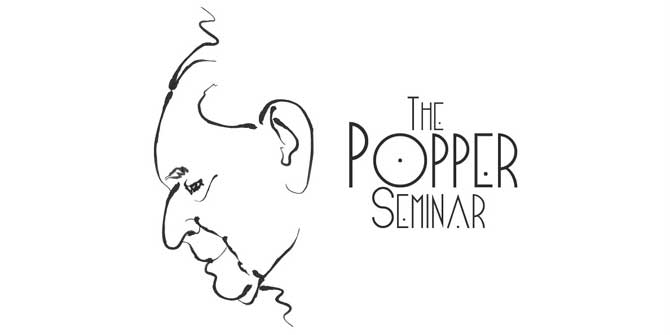


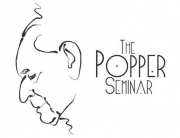










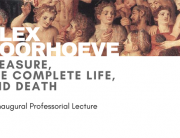
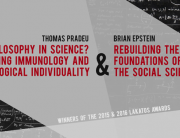
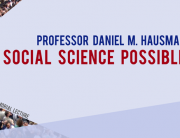




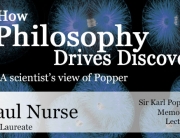
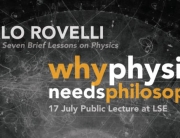

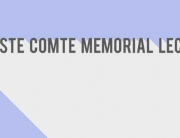
Connect with us
Facebook
Twitter
Youtube
Flickr